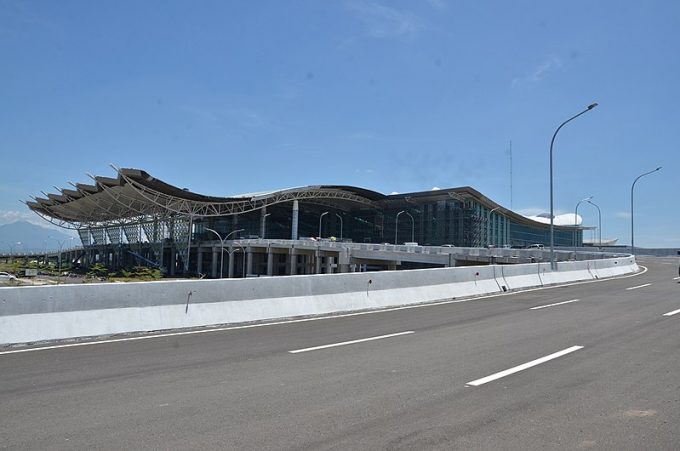ACF Podcast: Tales from TIACA – what are the hot topics?
Host and news reporter Charlotte Goldstone interviews a plethora of supply chain industry experts in ...

Indonesia’s Kertajati Airport could become South-east Asia’s next major air cargo hub.
Located 170km from Jakarta, near Bandung in West Java, the country’s second largest airport opened in May 2018 at cost of US$153m.
Kertajati was built to handle passenger flights, but, according to local media, passengers have largely stayed away, leaving the airport’s utilisation at just 20%.
Now, according to Indonesian logistics advisor Valkyn Dmello, the airport has a “golden opportunity” to become a major national and regional air cargo hub.
“The airports ...
'Disastrous' DSV-Schenker merger would 'disrupt European haulage market'
'Chaos after chaos' coming from de minimis changes and more tariffs
List of blanked transpac sailings grows as trade war heats up and demand cools
Shippers in Asia restart ocean shipment bookings – but not from China
India withdraws access for Bangladesh transhipments, in 'very harmful' decision
'Tariff hell' leaves industries in limbo – 'not a great environment to plan'
Asian exporters scramble for ships and boxes to beat 90-day tariff pause
Temporary tariff relief brings on early transpacific peak season
Pre-tariff rush of goods from US to China sees air rates soar, but not for long
De minimis-induced ecommerce demand slump could cripple freighter operators
Forwarders 'allowing the fox into the chicken run' by supporting 'hungry' carriers
Volumes set to 'fall off a cliff' as US firms hit the brakes on sourcing and bookings
Hapag 'took the bigger risk' when it signed up to Gemini, says Maersk
'Restoring America's maritime dominance' – stop laughing at the back of the class
Navigating tariffs: 'like trying to solve a Rubik's cube while colour-blind'


Comment on this article